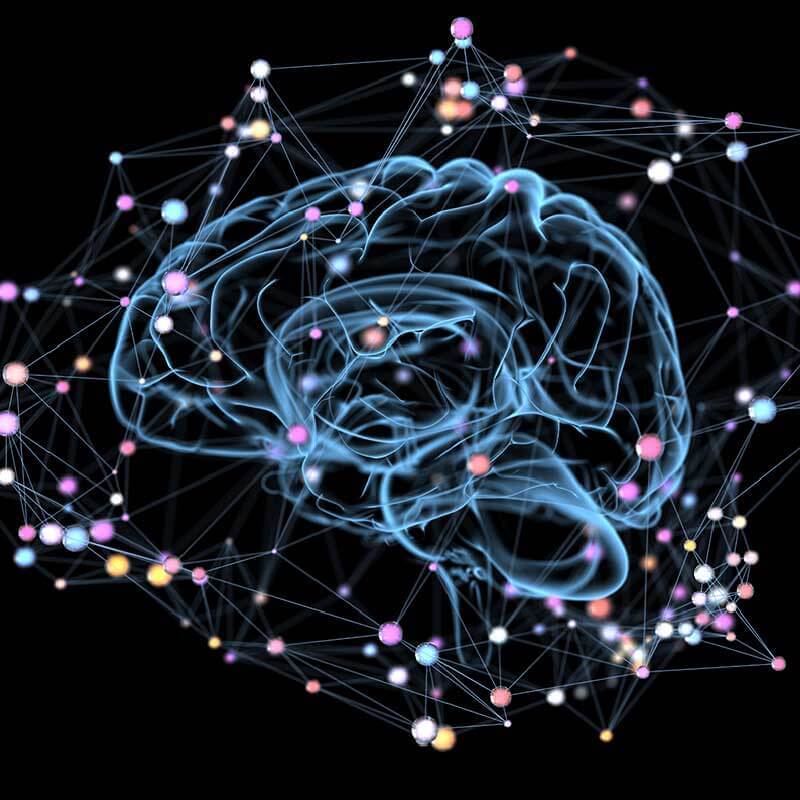
Jul 20 2011 | Tags: Emotional Intelligence
Do you know your emotional Habits?
Autobiography in 5 short chapters, by Portia Nelson:
1.) I walk down the street.
There is a deep hole in the sidewalk
I fall in.
I am lost… I am hopeless
It isn’t my fault.
It takes forever to find a way out.
2.) I walk down the same street.
There is a deep hole in the sidewalk.
I pretend I don’t see it.
I fall in again.
I can’t believe I’m in the same place.
But it isn’t my fault.
It still takes a long time to get out.
3.) I walk down the same street.
There is a deep hole in the sidewalk
I see it is there.
I still fall in… it’s a habit
My eyes are open
I know where I am
It is my fault.
I get out immediately.
4.) I walk down the same street.
There is a deep hole in the sidewalk
I walk around it.
5.) I walk down another street.
Just like a physical observable habit, emotional reactions and responses are learnt and programmed over time, like walking down the same path day after day. Eventually the path becomes worn and familiar; before you know it you are often at the end before you even realize what has happened. This is exactly what happens in our brain; emotional habits and reactions form strong neural pathways, which in turn reinforces particular behaviors.
In terms of emotional or day-to-day interactions, have you ever found yourself in a similar scenario or conflict? Feeling powerless, and or faultless ~ poetically speaking standing at the bottom of a hole wondering why this keeps happening?
Unlike physical habits, often our emotional habits are less obvious and even seemingly erratic; so how can we ever really be in control of a situation, move forward and excel in business and leadership if we are unaware of what part emotions play in our interactions and behaviors?
Emotions shape our behavior, relationships and decisions; and more importantly determine whether or not people will work well for you, buy from you, employ you and enter into business with you. As Jack Welch puts it ‘A leader’s intelligence has to have a strong emotional component.’
Research informs us that to change a behavior is more effective when both the emotional brain & rational brain are engaged, as decisions are made on emotions and justified by logic. People with strong EQ have a good dialogue happening between their emotional and rational brain.
The good news is it’s not too late! You are not destined to keep ‘walking down the same street and ending up in the same hole’ or predicament. By acknowledging the role that emotions play in our experiences, we can begin to observe patterns and move towards creating new pathways to change our behavior.
This is where the ECR and SmartCoach come in. The ECR produces a clear succinct report, which highlights our strengths and areas for improvement based around 10 core competencies for emotional intelligence in leadership. By focusing on these specific competencies it gives us a platform to review and acknowledge our current EQ. This platform coupled with SmartCoach is the most effective way to really move towards changing our behavior, as SmartCoach offers accessible personal coaching insights and strategies to help form these new lasting pathways through practice and repetition.
So make a decision today to stop falling down that hole, and let us help you find another street to walk down!








